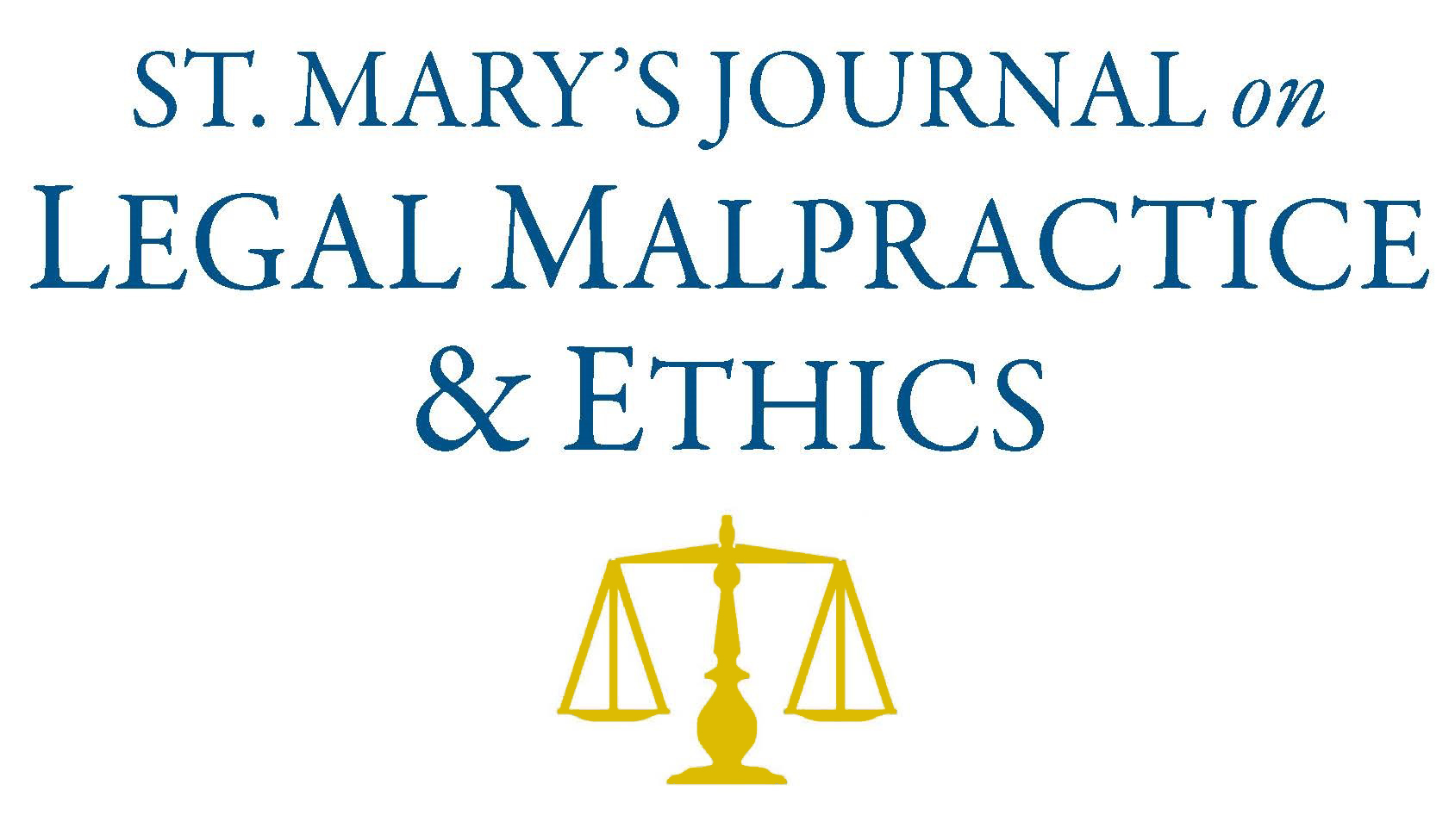
First Page
304
Date Created
5-1-2016
Publisher
St. Mary's University School of Law
Last Page
331
Abstract
For the justice system to operate effectively, privileged communications between an attorney and his or her client should be afforded the utmost and strictest protections. Intrusion by law enforcement upon these communications severely diminishes the confidence and candor needed in the attorney-client relationship. Although the United States Supreme Court recognizes prosecutorial immunity and generally leaves prosecutorial discipline to state bar authorities, the Court has long held that the attorney-client privilege is needed for attorneys to effectively advocate on behalf of their clients.
Austin Lawyers Guild v. Securus Technologies, Inc., a civil class-action lawsuit, is currently pending before the United States District Court for the Western District of Texas. A group of defense attorneys allege that conversations with their inmate-clients were not only being recorded, but were turned over to prosecutors to be used as evidence in their pending criminal trials. Such actions encompass numerous constitutional and ethical issues. Because prosecutors generally receive immunity in civil suits, problems often arise when it comes to disciplining them. Simply discovering prosecutorial misconduct is often difficult, and most ethical violations result in harmless error. As a consequence, the threat of disciplinary action rarely serves as an effective deterrent from such misconduct. Nonetheless, state officials and prosecutors should not be allowed to evade violating the attorney-client privilege nor obtain any benefit from those violations. Therefore, the Supreme Court of Texas or State Bar must firmly defend our nation’s oldest common law privilege, or else there could be grave implications to the proper functioning of our legal system.
Recommended Citation
Christina Santos,
An Analysis of Austin Lawyers Guild v. Securus Technologies, Inc.: The Constitutional and Ethical Implications of Using Illegally Recorded Attorney–Client Telephone Conversations as Derivative Evidence,
6
St. Mary's J. on Legal Malpractice & Ethics
304
(2016).
Available at:
https://commons.stmarytx.edu/lmej/vol6/iss2/6
Included in
Constitutional Law Commons, Criminal Law Commons, Criminal Procedure Commons, Law Enforcement and Corrections Commons, Legal Ethics and Professional Responsibility Commons, Legal Profession Commons, Legal Remedies Commons, State and Local Government Law Commons

